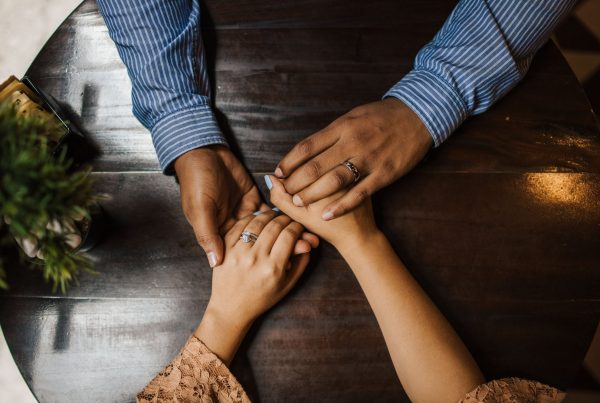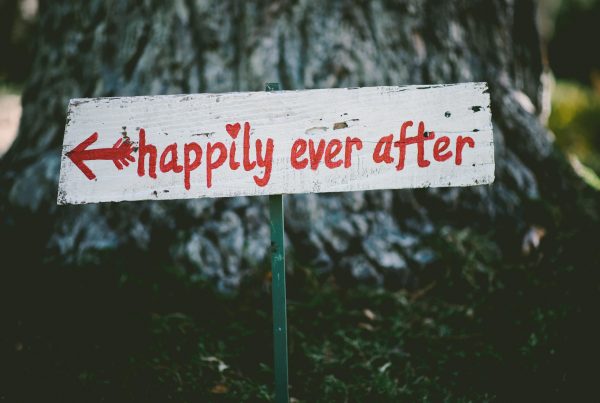It’s the 8th or 10th time he’s repeated a request, and just like clockwork, I forget yet again. I look at him blankly in the eye and say, “Did you really ask me to do that?” By his frustrated expression, I didn’t really need to know an answer. Yet again, the words, “I’m sorry” comes out automatically but deep down, I knew that what he really wanted to hear was, “I’m going make an effort to change.”
Have you ever heard these phrases from your loved ones and felt really angry or hurt after that?
What’s the big deal?
Can’t you just get over it?
I’m sorry but I didn’t mean to do it (insert excuse)
You’re just way too sensitive.
If someone is trying to apologise, why is it that we sometimes think it’s not a real, sincere apology? According to Dr Gary Chapman, the author famous for his 5 Love Languages book, it’s because we have different languages too when it comes to apology. Hence the book created by Dr Gary Chapman and Dr Jennifer Thomas, the 5 Languages of Apology. Here’s what these 5 languages are:
- Expressing regret
What we are trying to say here is really, “I’m sorry that my behaviour that hurt you or our relationship”. Saying sorry is best paired with acknowledging what you did wrong, for example, “I’m sorry I’m late again.” or “I’m sorry that I lost my temper and yelled at you.“ - Accepting responsibility
To some people, saying sorry isn’t a sufficient response in an apology. Saying sorry and accepting responsibility for our behaviour by acknowledging it means more to them. This includes not adding in any extra excuses at the end of your sentence. All you need to say is, “I was wrong.” or “I should not have done that.“ - Making restitution
Some say, actions are louder than words. This language of apology means that you are making an effort to make things right again. This could get complicated depending on the type of offence made… if you broke someone’s cup, it might be easy to make amends, but if you cheated on your spouse, restitution will look different here. Ultimately, it’s about you asking, “I know I hurt you deeply. What can I do to make our relationship right again?“ - Genuinely repenting
This is another level up, bringing a sincere desire to change your behaviour. It’s about making a plan of action to ensure that you follow through with what you said. Some habits really take time to break, and while you might be genuinely sorry, taking little steps to change is a huge step actually, in the right direction. Saying words like, “I do not like what I did. Could we work some action steps so that I won’t do it again?“ - Requesting forgiveness
This takes humility because it puts the ball back into the wronged person’s court… it’s up to him/her if they want to forgive us for the hurt we have caused. When we ask for forgiveness, we are really giving our spouse space to decide if they should forgive you. Sometimes, all it takes are the words, “Will you forgive me?” to mend relationships and begin the journey to restoring broken bridges.
Ultimately, learning to forgive each other for the mistakes made is a skill we need to sharpen over and over again. For two imperfect people to come together, there’s bound to be conflict, but the key to building strong marriages is how we handle these conflicts. Remember, the both of you are on the same team, not against one another.




